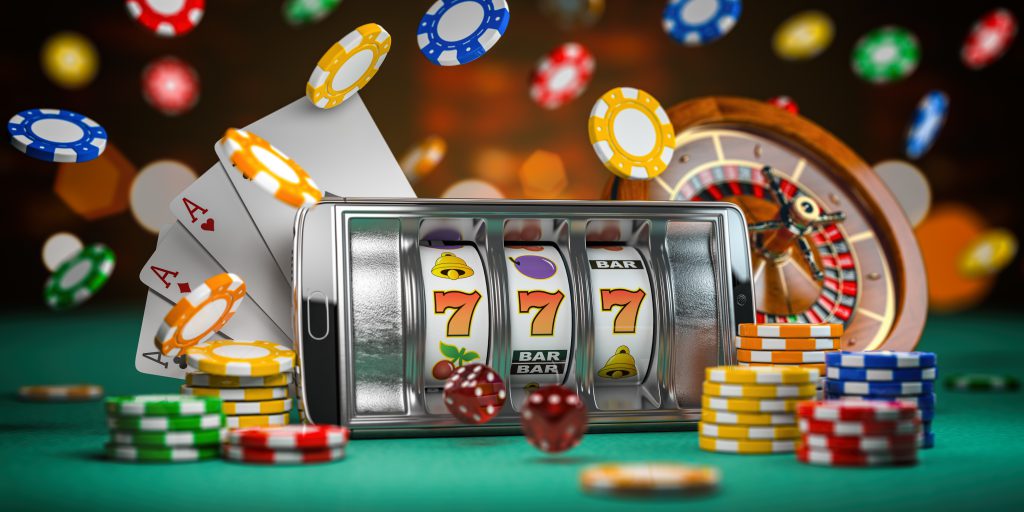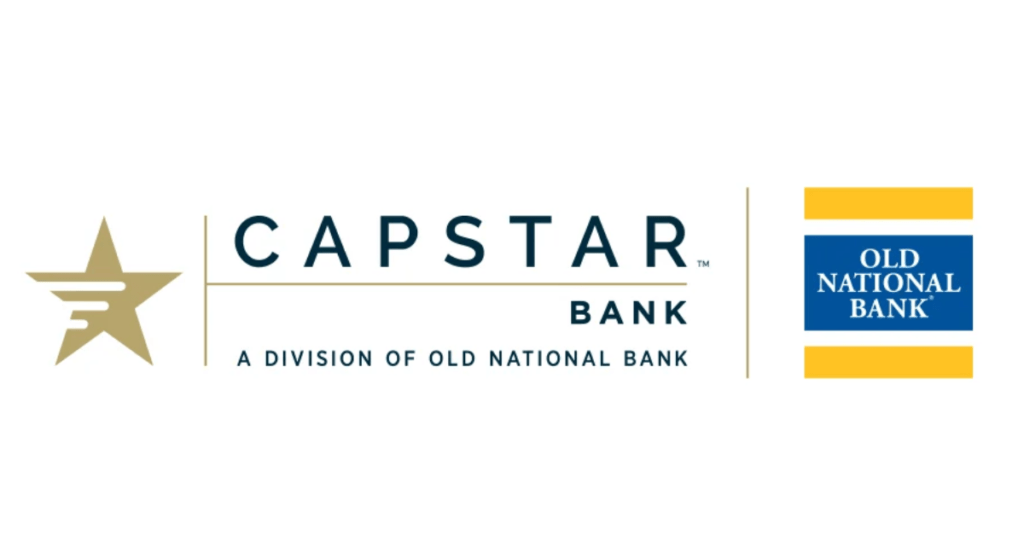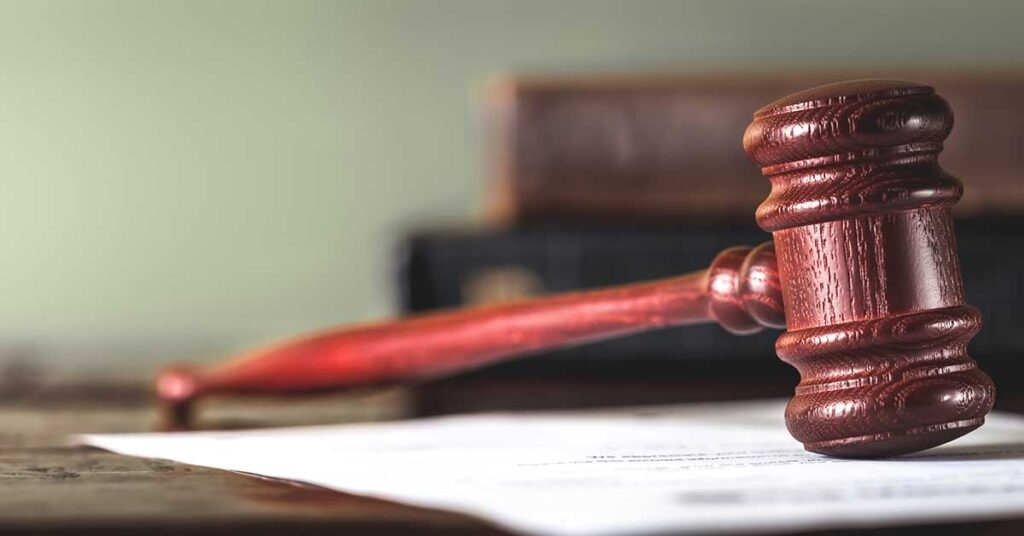The gaming industry and some Indiana lawmakers want to bring casinos and lotteries straight to your phone in the upcoming legislative session. After two years of failure, legal iGaming is gaining momentum with some key lawmakers holding out.
But the prospect brings other complications, like how lawmakers will tax the burgeoning product, problem gambling support and other details. And, there’s ongoing federal scrutiny of Indiana’s gambling environment — including recent convictions.
Third year’s the charm?
Legislation seeking to legalize iGaming is expected to come out of Indiana’s House of Representatives, via Rep. Ethan Manning, insiders said.
Drafts propose a tax rate between 18% and 19%, according to industry expert Ed Fiegenbaum, legal gambling guide Bonus and industry lobbyists. Problem gaming could get 3.2% to 3.5%, Feigenbaum said while on a gaming panel at an annual legislative conference last month.
The bill is likely to mimic previous legalization attempts, but the details from Manning himself are slim.
“At this time, it’s too early to speculate on the form any proposed legislation might take, but I will continue to have conversations with other members and stakeholders as we move forward,” Manning said in a statement to the Capital Chronicle.
Lawmakers return Tuesday for the beginning of session.
Manning, along with fellow Republican Rep. Doug Gutwein, took a shot at legalization in 2022’s House Bill 1356. It died in the Public Policy Committee, as did Rep. Alan Morrison’s House Bill 1406 the year prior. Sen. Jon Ford, R-Terre Haute, has also filed bills in that chamber unsuccessfully.
That’s likely to change: Manning will be the committee’s new chair this year.
iGaming: whenever, wherever
Indiana legalized online sports betting in 2019, but it has yet to venture into nonsport iGaming: online casinos and lotteries.
iGaming brings poker, slot machines and more from far-flung casinos and their humbler lottery-ticket-selling counterparts straight to phones and other devices — complete with bright graphics, cheerful music, persistent push notifications and more.
Think playing Candy Crush but at a cost for every life.
Seven states have legalized online gambling — although Nevada allows only poker — and eight have authorized online lotteries, forming a ring of legalization around the Hoosier state.
Keeping up with the Joneses
Indiana’s gaming industry wants in.
The Hoosier Lottery in 2021 was knee-deep in negotiations with its private operator, IGT Indiana, to offer online lottery games. It planned to amend an existing contract, escaping legislative oversight, the Fort Wayne Journal Gazette first reported.
But after those negotiations went public, the Indiana General Assembly closed that loophole. Lawmakers approved House Bill 1260 to prevent the Hoosier Lottery from adding online games without its say-so.
The Casino Association of Indiana and its members are also interested in iGaming — particularly after an independent report commissioned by the Indiana Gaming Commission assured casinos that iGaming was unlikely to hurt their brick-and-mortar revenue and investments.
“The industry has rebounded off of the pandemic and responded well, but the competitive threats that are on the horizon are very real and very significant,” Casino Association President and CEO Matt Bell said on the legislative conference’s gaming panel.
He urged lawmakers to let Indiana’s industry keep up with rapid changes. Bell warned that without change, casinos could “absolutely anticipate a hole in our budget” of revenue lost to other markets in the next year or two.
Payday — for who?
The payoff of legalization would be immense.
Indiana’s 12 casinos raked in $2.5 billion from July 2021 through June 2022, according to an Gaming Commission annual report. They sent $700 million of that haul to the state in taxes.
Should an iGaming industry form, it could stand to generate $1.9 billion in its first three years, according to estimates from Spectrum Gaming Group, which conducted the iGaming report for the Gaming Commission.
That would generate an additional $190 million in taxes for the state, according to Bonus, at the 18% rate floated in past and forthcoming legislation.
But is that enough?
In contrast to land-based casinos, which involve millions of dollars in capital investments, iGaming has little physical presence. That also means few direct employees, and little spillover for homegrown businesses that provide services and products for casinos.
The Spectrum report thus warned that taxing iGaming at a lower rate than land-based gaming could indeed hurt retail casinos. It examined three different tax scenarios: 20%, 30% and 45% — all higher than the rate with which Indiana lawmakers are starting.
Profiting off addiction?
There’s also potential for legalization to balloon problem gaming costs — financial and human.
“First of all, when you put anything on the internet, I think it can potentially increase the number of problem gamblers,” said Christina Gray, executive director of the Indiana Council on Problem Gambling. “… You don’t have to physically get up and go anywhere. You can just simply get on your phone.”
Online gambling can be done anytime, anywhere. It’s instant feedback, without the moderating influence of other people or built-in interruptions, according to a 2020 Frontiers in Psychiatry study.
People who only engage in online, nonsports gambling were younger than offline players, were more likely to make larger maximum bets and had accumulated larger debts, according to a 2017 study of nearly 3,000 men seeking treatment at a Spanish university hospital’s pathological gambling unit.
Not everyone is at risk of disordered gambling, but for some, online options make it easier to start gambling, continue it, and hide disordered behaviors.
But the connections between iGaming, other types of gambling and disordered behavior isn’t entirely clear, according to a 2015 study published by the National Library of Medicine. It recommended further high-quality research to better establish cause and effect.
However, 4% to 5% of Hoosiers have some problem with gambling, according to Indiana’s council. The national council found a similar incidence rate for the country as a whole — but few Americans admit they have a problem, and even fewer seek professional help.
But even those who do might struggle to get it.
System under pressure
Hoosiers who suspect they or a loved one has a gambling problem can call the state’s confidential hotline at 800-994-8448 — or type to a live chat — and be directed to resources. Often, they call Gray at the council.
Gray said the council has already seen an increase in the number of calls it receives since Indiana legalized online sports betting in 2019.
Gamblers also can put themselves on exclusion lists from casinos and online sports betting.
And there are in-person and remote Gamblers Anonymous meetings available, as well as out-patient medical treatment — although, “post-Covid, most of them are just inundated,” Gray said. The state doesn’t have enough trained and certified treatment professionals. Indiana doesn’t have in-patient options.
Sen. Jon Ford, who chairs the National Council of Legislators from Gaming States, said he’d proposed a more robust problem gambling program to Manning, starting with more money and upfront warnings about gambling.
But Ford was also skeptical of how the Family and Social Services Administration, which currently houses the state’s problem gaming initiatives, spends the money. And he floated transferring those responsibilities elsewhere.
“In my ideal world, it would go to the gaming commission,” Ford told reporters at the legislative convention this month. “They would have an expert that would manage it, and they would have to form a committee. That could include FSSA, the health department (and) some other folks in the mental health space.”
The gaming commission in its present form is a regulator.
“We would not be lobbying for that. That’s completely up to the legislature,” Deputy Director Jenny Reske told the Capital Chronicle. “We as a state agency implement what the legislature charges us with. And if we were to be given additional funds, we would act within the requirements of statute.”
Uphill battle
But this year’s iGaming bill might be in trouble before it begins.
House Speaker Todd Huston didn’t respond to requests for comment, but Senate President Pro Tempore Rodric Bray is a no.
He said through spokeswoman Molly Fishell that he didn’t anticipate his chamber would move an iGaming bill this session.
Fishell said Bray cited several factors, including “the significant expansion of our gaming laws over the last four years, the fact that he doesn’t have constituents coming to him requesting iGaming, and that Indiana already ranks fourth in the nation for casino revenue.”
She clarified that Bray “couldn’t speak to the future of iLottery at this time.”
Casino representatives would likely push hard against iLottery as a competitor unless they are included in any deal.
Indiana’s gambling industry is also already under federal scrutiny, potentially freezing legislative efforts to expand further.
It’s already caught up two influential Hoosiers: John Keeler, former vice president and general counsel of gaming company New Centaur, and former state Sen. Brent Waltz. In August, each was sentenced to several months in federal prison for their roles in political contribution schemes involving New Centaur.
The Federal Bureau of Investigation declined to comment on whether its investigation into wrongdoing had concluded with Keeler and Waltz or if it was ongoing.
Indiana’s gaming commission is no longer actively investigating, according to Reske. She said the parties involved were no longer licensees, and therefore, didn’t fall under the agency’s purview.
But the gaming commission is still operating under two federal subpoenas. They require that the agency report “any information that relates to items outlined in the subpoena,” Reske said.
Gaming commission Executive Director Greg Small said that as a regulating agency, “we don’t really have an opinion” on new and future iGaming legislation. But he was confident that forthcoming legislation wouldn’t “impede” the agency’s ability to regulate the industry.
“As a regulator, it’s important to us to have a bill that allows us to appropriately regulate (but) doesn’t place constraints on the industry that could really limit their ability to change and grow,” Reske added.
The industry, meanwhile, is ready for the future.
“I think policymakers have a moment to make a choice,” Bell said at the legislative conference.
“Will we look at the future of the industry, and allow it to evolve, and allow it to develop new revenue streams, or will we insist that it remain static and see how much of our business is cherry-picked by new developments in Illinois, Kentucky, and improved amenities in Michigan and Ohio?” Bell asked attendees.
“I hope that they will look forward.”
This story was originally published on the Indiana Capital Chronicle website.





